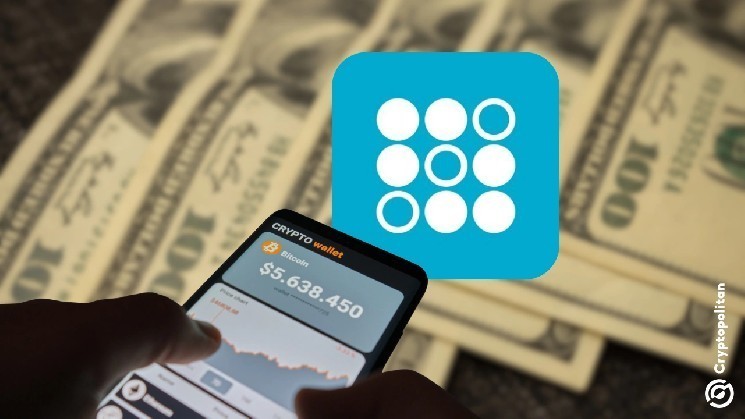SoFi has expanded its financial services into the crypto ecosystem by launching a crypto trading initiative that includes Bitcoin, Ethereum, and Solana. With this initiative, SoFi becomes the first nationally chartered consumer bank in the United States to integrate crypto trading services into its platform.
SoFi, a federally regulated lending platform, has expanded its financial services into the digital asset ecosystem by integrating crypto trading services into its platform. The company announced on Tuesday that users will be able to buy, sell, and hold a variety of crypto assets on its all-in-one financial platform.
According to the announcement, encryption-oriented features will be introduced in stages and will be available to all users within the next few weeks.
SoFi brings Bitcoin, Ethereum, and Solana to its financial platform
$SOFI Start of encryption. Let’s go. 👏🏻👏🏻👏🏻 pic.twitter.com/3KuXytYc0l
— Daniel Newman (@danielnewmanUV) November 11, 2025
SoFi announced Users will have access to three important crypto assets including Bitcoin, Ethereum, and Solana. The group said 60% of users choose to trade digital assets with regulated and licensed institutions rather than commonly used crypto exchanges due to trust issues. The application allows users to interact with their crypto assets by checking, storing, lending, and investing all on the same platform.
The lending platform aims to expand integration with blockchain and remittances, cryptocurrency integrated lending products, and USD stablecoins. The launch represents a transformative shift in the banking sector that blends existing traditional decentralized finance with emerging decentralized finance, a combination that seemed impossible before the start of President Trump’s second term.
In 2023, SoFi temporarily suspended its crypto asset services while seeking a banking license. At the time, cryptocurrencies faced stricter regulation and active oversight under the Biden-Harris administration and SEC Chairman Gary Gensler.
The company has received conditional approval from the Office of the Comptroller of the Currency (OCC), allowing it to provide banking services to users. However, the filing, dated September 2022, revealed that the approval specified that SoFi may not enter the cryptocurrency industry or provide crypto-related services to users without additional approval from the OCC.
OCC allows nationally chartered banks to explore virtual currencies
In a contrasting development, the OCC issued Interpretive Letters 1183 and 1184 in March and May 2025, allowing nationally chartered banks such as SoFi to provide crypto-related services, including custody and enforcement services, on behalf of users. The letter also allows financial institutions to hold dollar deposits as reserves to back up stablecoins. This provision paved the way for SoFi to re-enter the cryptocurrency space.
SoFi CEO Anthony Noto said blockchain technology “fundamentally changes the way finance is done around the world by making the movement of money cheaper, faster and more secure.”
a press release A document released by the company in June details its intention to create a futuristic environment where users can send money around the world, while also having access to tools and education to use cryptocurrencies securely.
Recognizing that many people do not fully understand cryptocurrencies, the company emphasizes its focus on providing education, and recent reforms align with this announcement.
In August this year, Cryptopolitan reported The fintech company became the first U.S. bank to consider the Bitcoin Lightning Network to enable international money transfers. The company has entered into a strategic partnership with Bitcoin infrastructure company Lightspark to integrate blockchain-powered payments into its platform.
SoFi’s interest in the cryptocurrency space was clear even before regulations were enacted favoring traditional financial institutions to enter decentralized finance. In 2023, the company will selected Blockchain.com becomes first digital asset partner. The partnership was aimed at migrating SoFi crypto accounts to Blockchain.com’s platform at the time.
Other banks outside the US are also considering digital assets for cross-border payments and other financial use cases. For example, Nubank in Brazil partnered with Lightspark in 2024 to explore payments via Bitcoin Lightning. Analysts believe SoFi’s move to explore crypto services as a regulated banking institution could be a catalyst for other U.S. banks, which have historically avoided crypto assets, to start moving forward in this space.


